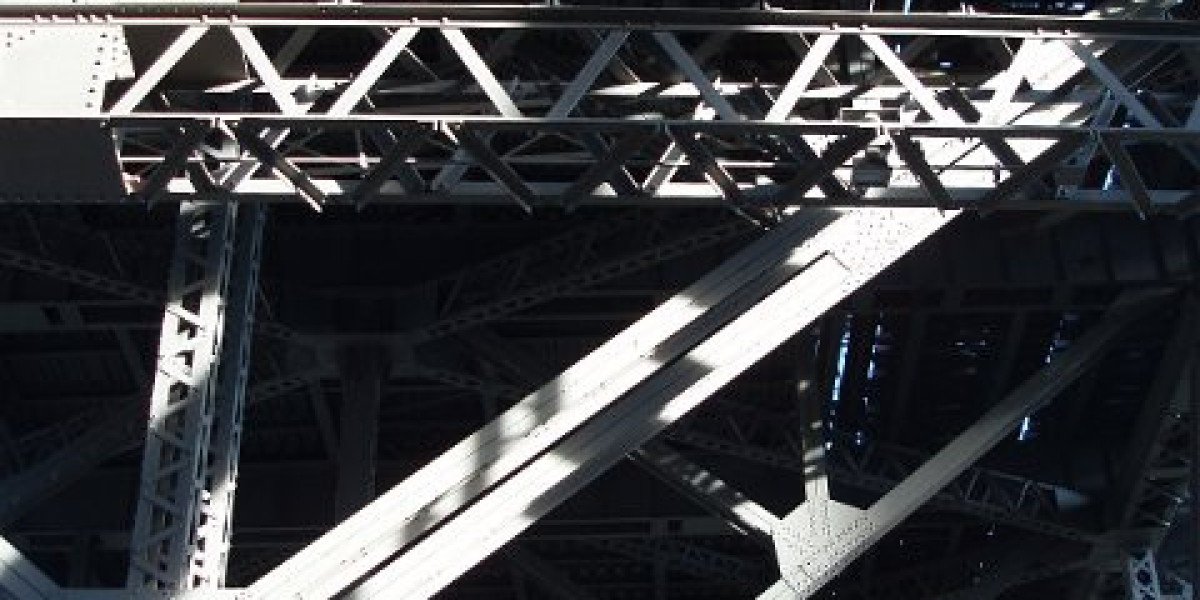High-pressure Natural Gas Compressors - High-pressure compressors enable fast refueling and efficient storage, critical to station throughput and vehicle range performance.
High-pressure natural gas compressors are the backbone of the CNG ecosystem, defined by their ability to elevate gas pressure to final delivery specifications, typically in the range suitable for vehicle storage or high-density industrial use. These machines are engineering marvels of precision and robustness, designed to handle extreme forces and continuous operation.
The vast majority of these high-pressure applications rely on reciprocating (piston) technology. This design is favored due to its intrinsic capability to achieve very high compression ratios across multiple stages with high thermodynamic efficiency. Each stage involves compressing the gas, followed by intercooling to remove the heat of compression, which is essential to manage gas temperature and protect the compressor components from thermal stress and degradation. The design complexity necessitates highly specialized components, including precision-engineered valves, durable piston rings, and robust crankcase mechanisms.
The operational environment of a high-pressure compressor is inherently challenging. Issues such as pulsation and vibration are managed through advanced dampening systems and foundational design to ensure structural integrity and minimize noise pollution, particularly in urban environments. Furthermore, gas purity and inlet quality are critical; high-pressure compressors are sensitive to moisture and particulates, which can lead to wear or fouling. Consequently, sophisticated filtration and drying systems are mandatory precursors to the compression process.
The safety and reliability of these units are paramount. Redundancy in critical systems, sophisticated monitoring of pressure and temperature at every stage, and compliance with rigorous international standards for pressure vessel and machinery safety are non-negotiable design parameters. While capital intensive, the longevity and consistent performance of well-designed high-pressure compressors make them indispensable assets for continuous, high-volume refueling and transport applications.
FAQs on High-pressure natural gas compressors:
Why is reciprocating technology dominant in high-pressure natural gas compression?
Reciprocating technology is dominant because its piston-based, positive displacement mechanism is highly efficient at achieving the extreme, multi-stage compression ratios required for high-pressure storage and vehicle refueling.
What is the purpose of intercooling in a multi-stage high-pressure compressor?
Intercooling is essential to remove the significant heat generated during compression, which improves the overall thermodynamic efficiency, protects the internal components from thermal damage, and manages the final gas temperature.
What are the primary operational challenges unique to high-pressure natural gas compressors?
Key challenges include managing the intense vibration and pulsation caused by the reciprocating mechanism, maintaining gas purity to prevent component wear, and adhering to extremely stringent safety standards.
More Relate Reports:
Electric Traction Motor Market
Intelligent Motor Controller Market







